Global Business
Better Sanctions Can Weaken Russia
Yale SOM’s Jeffrey Sonnenfeld, who has helped lead the movement to isolate Russia, and co-author Steven Tian write that the current sanctions regime is spottily enforced and ignores key commodities exports. They suggest three steps policymakers should take to give economic sanctions real bite.

How Does Chanel See the Global Luxury Business?
The global luxury goods market recovered quickly from the financial crisis due in large part to growth in emerging markets, especially China. Chanel CEO Maureen Chiquet YC ’85 discusses how she shepherds the quintessentially French company in a fast-moving global market that may be transcending national identity.

What's the Role of Relationships in Business?
Business is a social act. The relationships among a network of stakeholders define an organization and account for a great deal of the success or failure of a global brand. John Pepper discusses how personal relationships and organizational ties defined a career that included serving as CEO and chairman of P&G and chair of Disney’s board of directors.
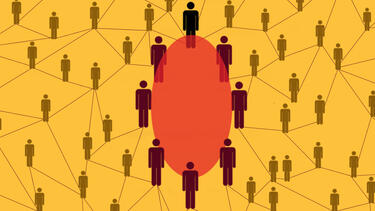
How Should Business Schools Prepare Students for a Global Economy?
What skills and knowledge do future leaders need to navigate an ever-shifting global economy? And how is the mission of business schools changing in response?
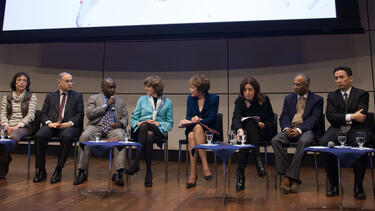
What Should We Understand about Urbanization in China?
The scale of urbanization in China is without precedent in human history. The transformation is also complex and nuanced, says Yale’s Karen Seto, with cities taking different approaches to environmental issues, pace of development, and global connections.
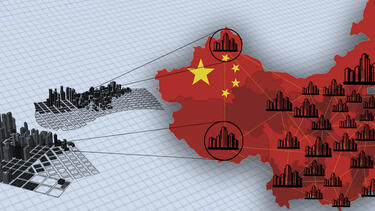
How Do You Sell Insurance across Cultures?
People the world over want to protect themselves from risk, but they have very different ideas about what insurance is and should be. Beth Hirschhorn, executive vice president for global brand and marketing at MetLife, discusses how her company found a universal message that can be localized for cultural resonance.
Merkel’s Almost-But-Not-Quite-Decisive Victory Is Bad News for the Eurozone
With Germany at the center of the Euro crisis, the country’s recent national election has the potential to affect what happens far beyond its borders. Professor David Bach, Yale SOM's senior associate dean, teases out the implications of Angela Merkel’s big—but maybe not big enough—win.
How Did the Corporation Become Global?
Henry Schacht, the CEO of Cummins from 1973 to 1995, saw his company transform from an essentially domestic company to one so global that "it doesn’t matter where the headquarters are." He talks about how leaders can learn to think globally.
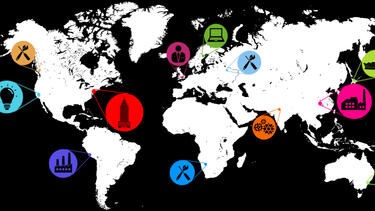
Where Will China Go Next?
China faces an immense challenge: it needs to continue growing its economy while shifting away from the manufacturing-led model that has fueled its growth in recent decades. At the same time, it has to address concerns over pollution, income inequality, and other social issues. Yale’s Stephen Roach argues that the rest of the global economy has a stake in whether China can successfully shift gears.
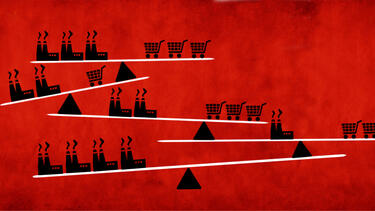
China's business landscape
China’s remarkable economic expansion has cooled recently, but it remains a fast-growing and fast-changing marketplace. Yale China expert Deborah Davis gives a sociologist’s view of the cultural environment in which Chinese enterprises and entrepreneurs compete.
How does China drive the mining and metals business?
The $1.5 trillion mining and metals sector supplies the feedstock for a large part of everyday life—from coal for power, to iron ore for steel girders, to the minerals and metals that are processed into the components of your iPhone. John Lichtenstein '83, a consultant and 30-year veteran of the sector, describes the state of this global industry and how one country—China—has an outsize influence on commodity prices everywhere.
